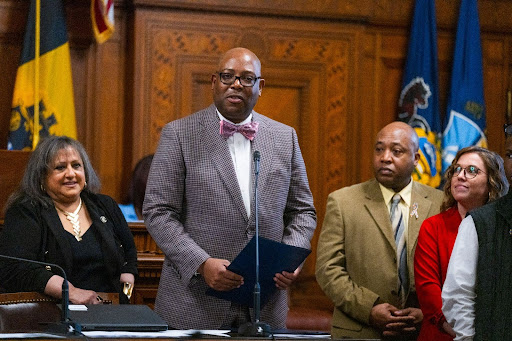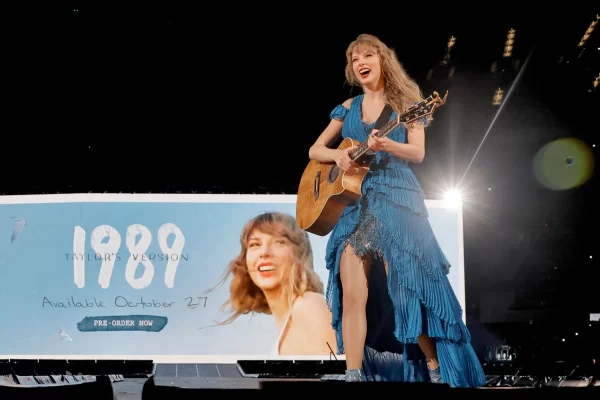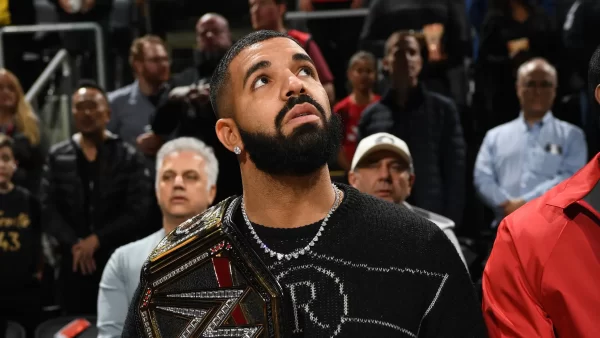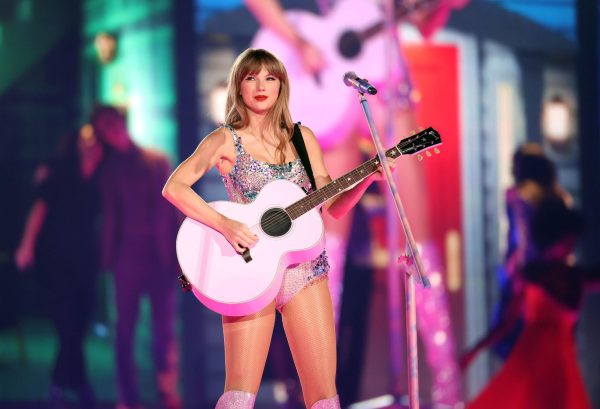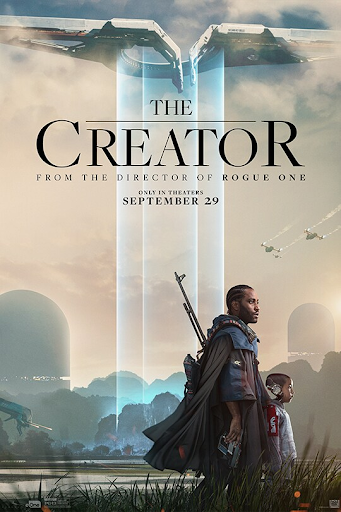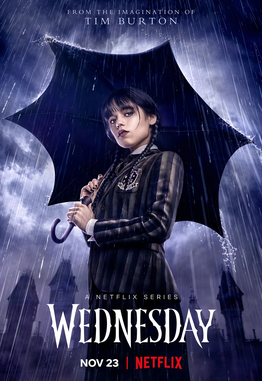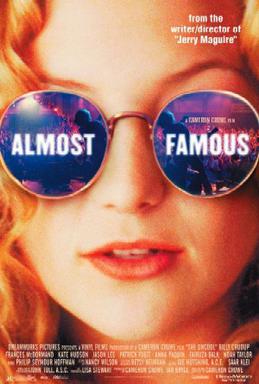#OscarsSoWhite…AGAIN (It’s Getting Old)

Oscar-nominated films Little Women, Star Wars: End of Skywalker, and 1917 showing at local movie theater. Uncut Gems didn’t receive any nominations.
On the morning of January 13, the world (but mostly Film Twitter) geared up for the 2020 Academy Award nominations. And as John Cho and Issa Rae read off lists of actors on a Good Morning Ame, writers, and films, the results were far from surprising. The common sentiment was, as Issa Rae put it after announcing the nominations for Best Director, “Congratulations to those men.”
Aside from Parasite, the first South-Korean film to ever receive a Best Picture nomination, this years’ Oscar nominations are predictably lacking diversity. While blockbuster and problematic superhero movie about a man’s glorified killing spree Joker received eleven nominations (the most of any film this year), movies made by and starring women and people of color were left completely off the list.
And it’s not like there were no good options to choose (The Last Black Man In San Francisco, Booksmart, Hustlers, and The Farewell to name a few).
It’s getting a little old at this point. The two year streak of an absence of people of color in the acting categories in 2015 and 2016 that prompted #OscarsSoWhite was not that long ago. And even though the Academy has changed policy to diversify their voting base (doubling the number of people of color from 8% to 16% in 2015 to 2019), not much has changed.
The Golden Globes, which aired in early January, received similar criticism for its diversity problem. Acting and directing fields were very white, and Awkwafina’s Best Actress in a Comedy win was a ray of hope that the Academy would recognize a more diverse field. Alas, Awkwafina wasn’t even nominated. And, of course, in one of the most contested decisions, neither the Globes or Oscars recognized Greta Gerwig’s directing for Little Women (let alone any female director).
A close examination of the nominated pictures also reveals the content area lacks diversity as well. Seven of the eight nominees for Best Picture star no prominent character of color. So not only is the Academy ignoring diverse actors, but they are also minimizing diverse story.
So what do we do? Elsie Fisher (star of Eight Grade) posted her own set of nominations for what she called the “Elsie Awards,” prompting reactions from actors in Us and Booksmart. Unfortunately, Oscar nominations often define which movies will have a continued success, as moviegoers will seek our nominated films ahead of the awards ceremony. But this year, the Oscar nominations could be farther from the list of the best movies, or even the movies worth seeing.
Obviously, these nominations speak to issues of racism and sexism in the industry, so the first step is to support the movies that didn’t secure appropriate nominations. Watch films that are different, that celebrate diversity instead of skirting around it or ignoring it all together, and that aren’t the too-familiar tale of white men and their struggles. Don’t pretend that the plentiful array of diverse film “wasn’t good enough to be nominated,” because this year is the most glaringly obvious it’s ever been. Don’t be the man that was too afraid to see Little Women because it had the word “women” in the title (it’s happening, and Monica Hesse of The Washington Post has reporting to prove it). And don’t rule out movies like The Last Black Man in San Francisco and The Farewell just because an heavily white group of film industry executives don’t think it’s worth celebrating.
In his Golden Globes acceptance speech, Bong Joon Ho said, “Once you overcome the one-inch tall barrier of subtitles, you will be introduced to so many more amazing films.” As a rare example of diversity that broke through the guarded gates of film awards, he used his platform to uplift a massively underlooked sector of cinematography. As consumers, we have the same responsibility.


